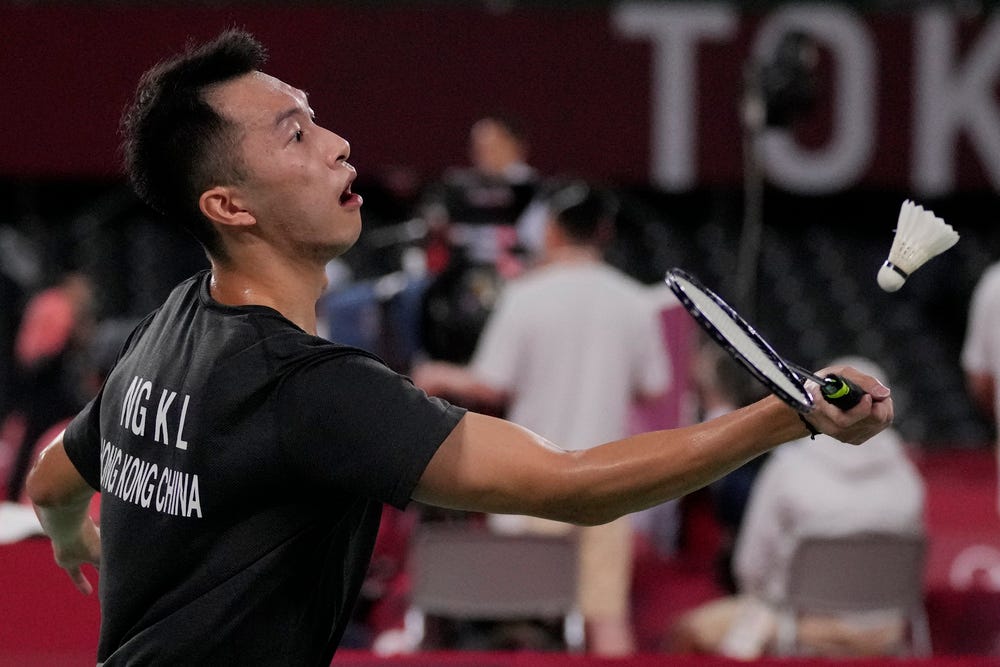Hong Kong’s Tempest in a T-shirt
Olympics-watching in an occupied city can be stressful
By: Tim Hamlett
Hong Kong’s 7.5 million residents enjoy the Olympics as much as anyone else, but the latest sportfest in Tokyo has brought all the suppressed unhappiness in the city bubbling to the surface.
The pleasant surprise of the Games was a gold-medal winning performance from fencer Edgar Cheung. This shouldn’t really have been a surprise – Cheung …
Keep reading with a 7-day free trial
Subscribe to Asia Sentinel to keep reading this post and get 7 days of free access to the full post archives.

